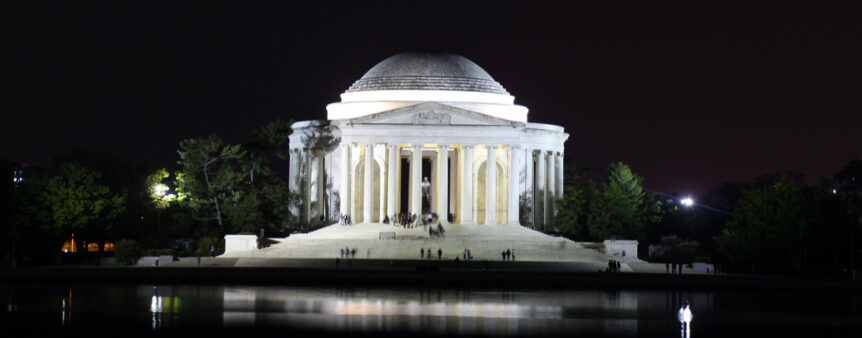
Kidnapping in Washington, D.C.
The criminal offense of “kidnapping” has traditionally been defined as the forcible seizure or taking away of a person, usually to hold the person prisoner until a ransom or some other demand is satisfied.
In Washington, D.C., “kidnapping” is defined as the “seizing, confining, inveigling, enticing, decoying, kidnapping, abducting, concealing, or carrying away any individual by any means whatsoever, and holding or detaining, or with the intent to hold or detain, such individual for ransom or reward or otherwise.” D.C. Code § 22-2001.
The maximum penalty for this offense is 30 years in jail and/or a fine of up to $75,000.
It is not necessary that the kidnapping be done for monetary gain or illegal purpose. Instead, the prosecution need only prove that the defendant “expected to gain some type of ‘benefit’ by his actions.” Dade v. United States, 663 A.2d 906, 912 (D.C. 1992).
Until very recently, it was not necessary that the complainant have been moved any particular distance or have been held for any particular length of time. In fact, in a recent case, the defendant was convicted of kidnapping after a jury found that he “approached a woman from behind on a public sidewalk and groped her breasts and buttocks over the clothing, interrupting her walk for a ‘split second,’ before she shrugged him off and nearby police officers intervened.”
This led to the D.C. Court of Appeals’ en banc decision in Sergio Velasquez Cardozo v. United States, __ A.3d __ (D.C. 2024) in which the Court substantially narrowed the scope of the offense. Specifically, the Court concluded that “to hold or detain” a person means to “detain them for a substantial period of time, so that the perpetrator could fairly be described as holding another captive like a hostage or a prisoner.”
